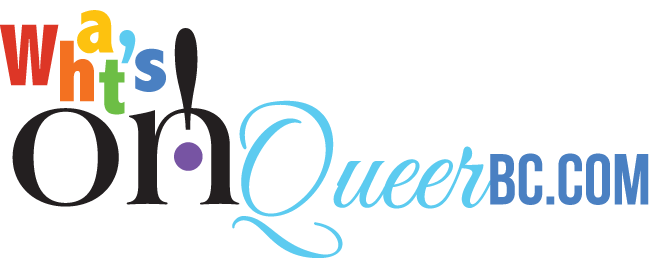Vancouver's Community Based Research Centre gives out free medicine bundle to the 2SQT community
By Daniel Itai for What’s On Queer BC
The Community Based Research Centre (CBRC), is giving out a free medicine bundle to the Two-Spirit, queer, and trans Indigenous community (2SQT).
According to the CBRC, the medicine bundle is meant to create alternate pathways to testing and sexual health resources.
“The Medicine Bundle provides accessible and independent HIV self-testing and sexual health resources for Two-Spirit, queer, and trans Indigenous community members in British Columbia.
A Medicine Bundle helps you engage with your health in a holistic way mind, body, sex, and spirit. This Medicine Bundle contains an HIV self-test kit, Indigenous medicines such as sage, sweetgrass, tobacco, cedar, lavender, Labrador tea, bear grease and Devil’s club salve, sexual health supplies, and additional resources. The purpose of this bundle is to bring the sacredness back into sex and give access to a holistic approach to one’s sexual health needs.
Moreso, when you know your HIV status, you can start treatment as early as possible, or when you are ready. This can help you remain healthy and avoid passing HIV to others. Indigenous folks within BC can access treatment and prevention medications at no cost,” read a statement from CBRC.
To get access to this free Medicine Bundle you can just log into this link: https://www.surveymonkey.com/r/medicinebundle.
HIV self-tests, approved for use in Canada since 2020, guides a user through drawing their own finger-prick of blood to combine with three small solutions. The highly-accurate test produces a positive or negative HIV result in about one minute, prompting the user to get confirmatory bloodwork if positive.
Right now, an estimated 1 in 10 people who have HIV don’t know it, translating into thousands of people. Without knowing your status, you can’t receive treatment and achieve viral suppression which makes it impossible to spread the virus to others.
As a result, because gay, bisexual and men who have sex with men continue to make up the largest proportion of new HIV infections, it’s therefore especially important for them and other members of the 2SLGBTQIA+ community to get tested, but that’s been particularly hard to do these past few years.

